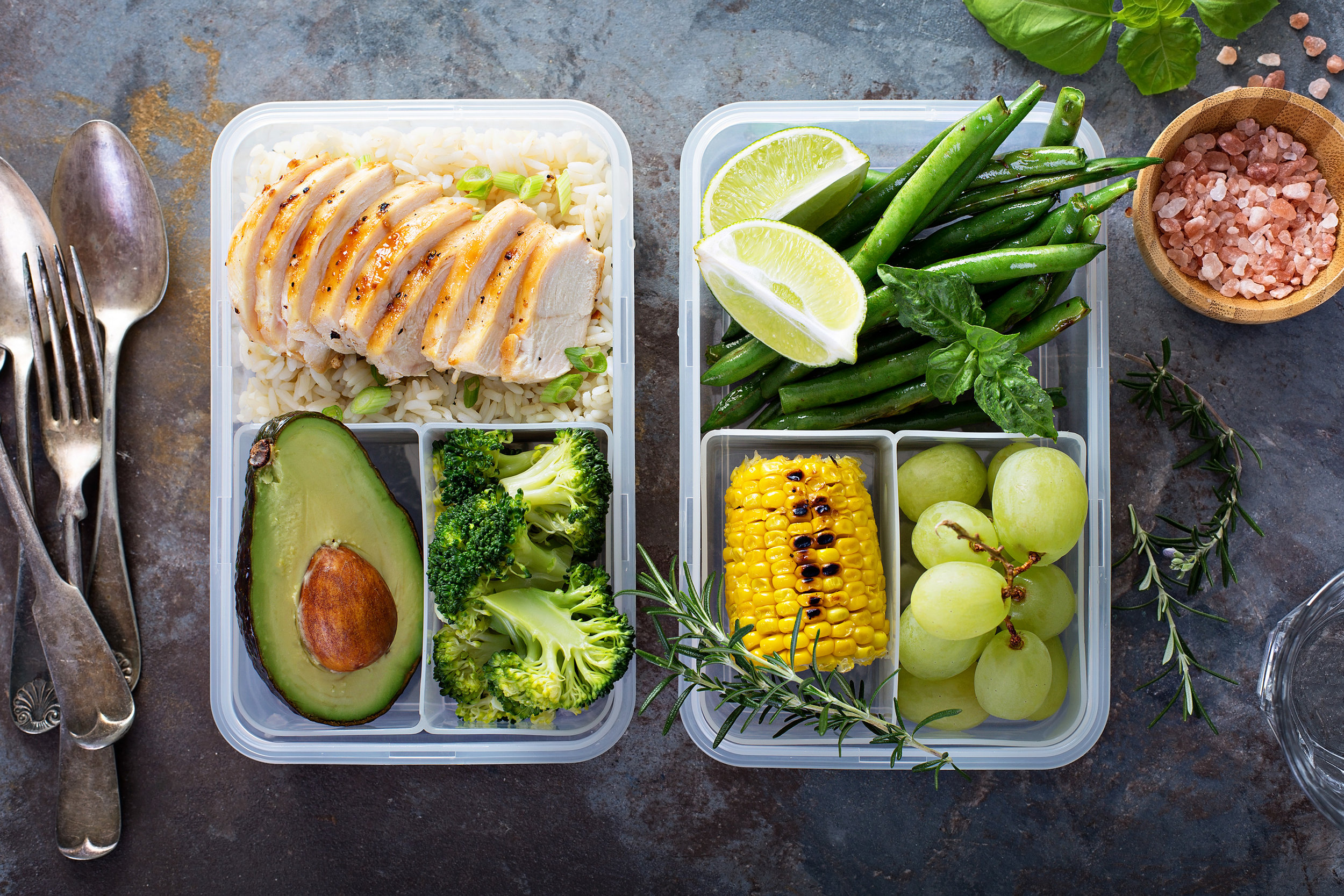“By failing to prepare, you are preparing to fail.” – Benjamin Franklin
So, you want to get your eating in order but have no idea where to start? You’re not alone! When new clients step into our office we always start with one simple, yet powerful concept: STRUCTURE. Meal plans are personalized to work with each of our clients recovery goals. This said, meal plans share these common elements:
They consist of 3 meals and a few snacks per day.
These meals and snacks include some amount of macronutrients: complex carbohydrates, proteins, fats, fruits and/or veggies.
They specify portion sizes based on the client’s nutritional needs and recovery goals.
They are meant to be eaten no more than 3-4 hours apart to keep our body nourished and blood sugar balanced throughout the day.
But nourishing the physical body is only one of the functions of a meal plan. A good meal plan tends to our mind space as well! Structure (not rigidity) can:
Serve as a tool to normalize chaotic eating patterns by resetting hunger and fullness cues.
Reduce the urge to use maladaptive eating behaviors.
Make room for enjoyable foods while ensuring safety, satiety and satisfaction.
Having a meal plan is important, however it is totally useless if you are unable to follow it! Many clients do deep therapeutic work needed to overcome emotional roadblocks that fuel their disordered eating but then get tripped up by making easily avoidable meal plan mis-steps such as:
Not having enough or the right types of foods in the house to prepare a meal or snack.
Not taking the time to prepare these foods.
Not having enough skills to shop for, buy, or order balanced meals or snacks when they are out.
Here are some tips and tricks to help you avoid common mis-steps so your hard work can create REAL change.
Start with planning a regular grocery-shopping schedule. Twice per week works best for most people. I like to do a big purchase on Sundays for my weekday meals, and then a smaller purchase on Fridays for weekend goodies.
Make a grocery list! I cannot stress this enough. I like to keep a running “master list” of my kitchen staples and build from there. Some of mine include milk, eggs, bread, avocados, salad greens, yogurt, granola, berries, and chocolate (don’t forget to include something sweet!).
Rotate! I recommend choosing 2-3 breakfasts you can keep on rotation during the week, as well as 4-5 snacks you can mix and match.
Have your calendar out when planning for cross-referencing. If you know you have a work meeting at noon on Tuesday this would be an optimal opportunity to either get lunch on your morning commute or prepare it the night before so you have it ready to go.
Plan for the possibilities. Unfortunately, in our fast-paced life many things don’t go as planned. Trains stall, traffic accumulates and meetings run over. Keeping balanced, non-perishable snacks like nutrition bars or trail mix in your bag, desk, or backpack assures our bodies stay nourished when life throws us schedule curve balls.
Be realistic. No one wants to cook every night! Plan your meals to provide more than one serving so you can have leftovers later in the week, or to take with your for lunch the next day. I typically plan 2-3 meals to eat throughout the week, keeping in mind I usually eat out at least once or twice.
Always have a plan B. Sometimes meals don’t work out the way we want them to. Sometimes our cooking skills fall short. Sometimes we simply don’t like what we’ve made or ordered. This is no reason to skip a meal (as in recovery this is never an option)! I recommend having a few frozen meals at hand so you always have other options available.
Recovery is hard, but these tips and tricks can make it a bit easier. Do you have any meal plan hacks to add? We would love to hear from you! Comment below and let us know what has worked for you!

